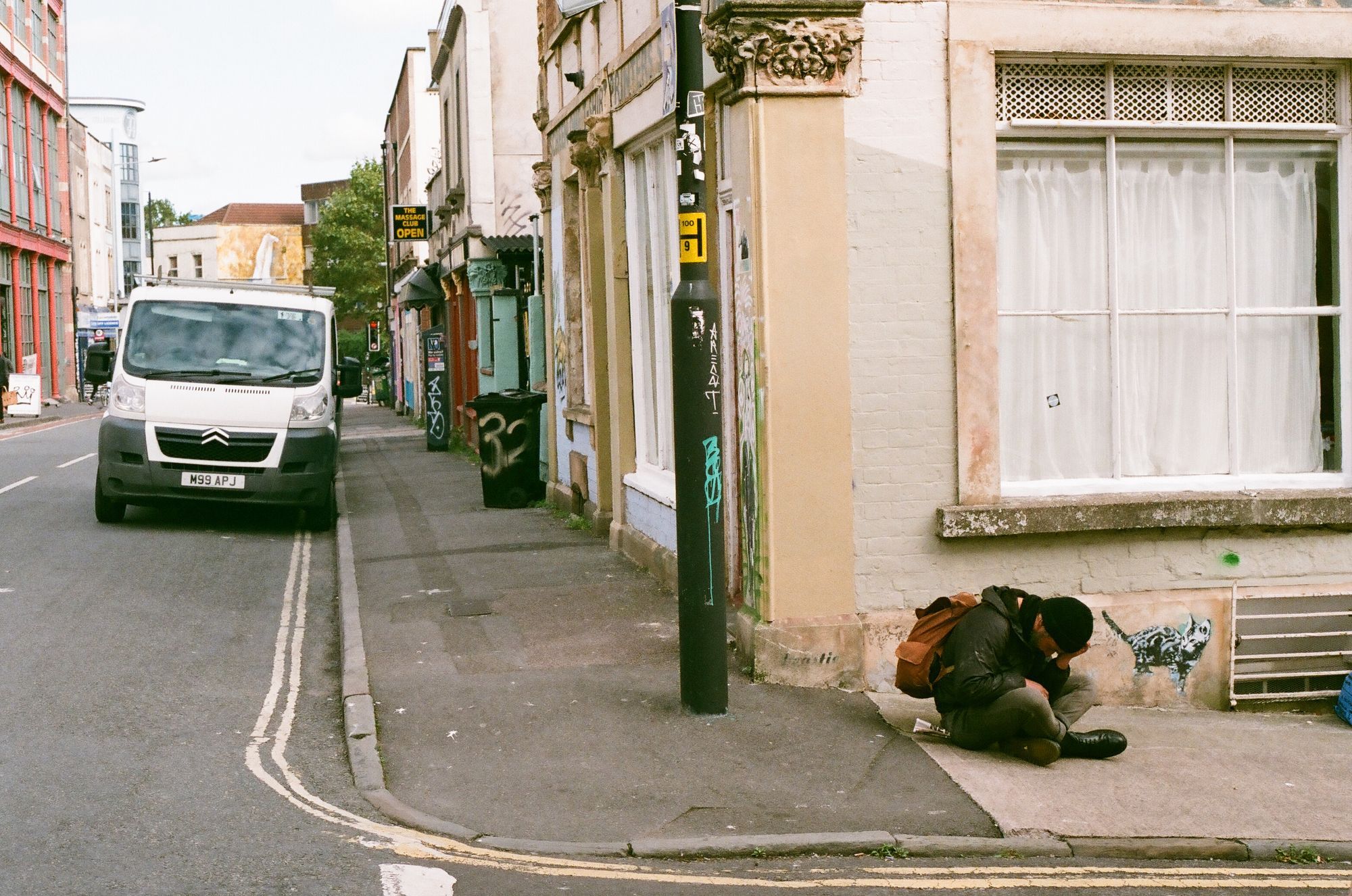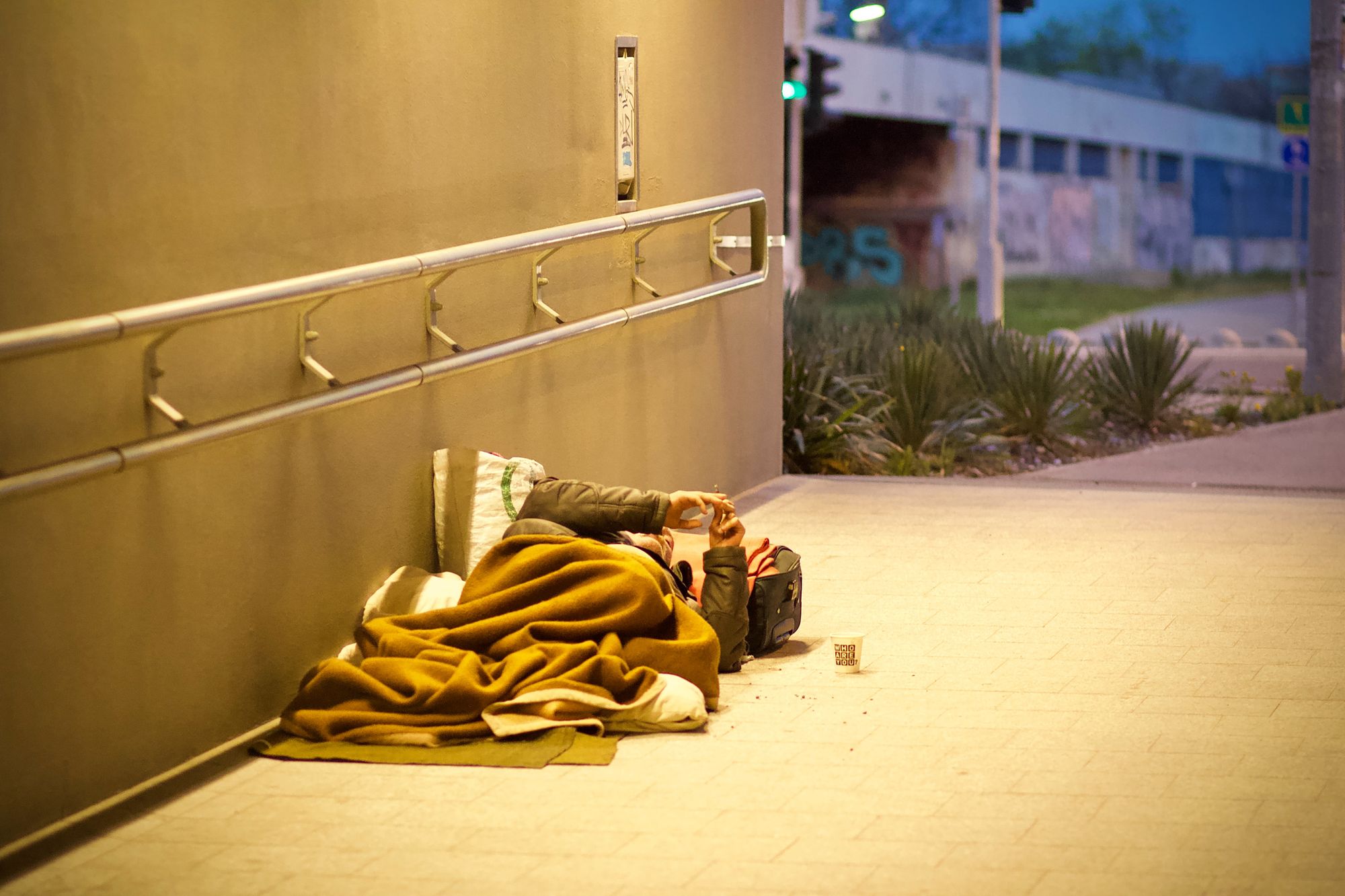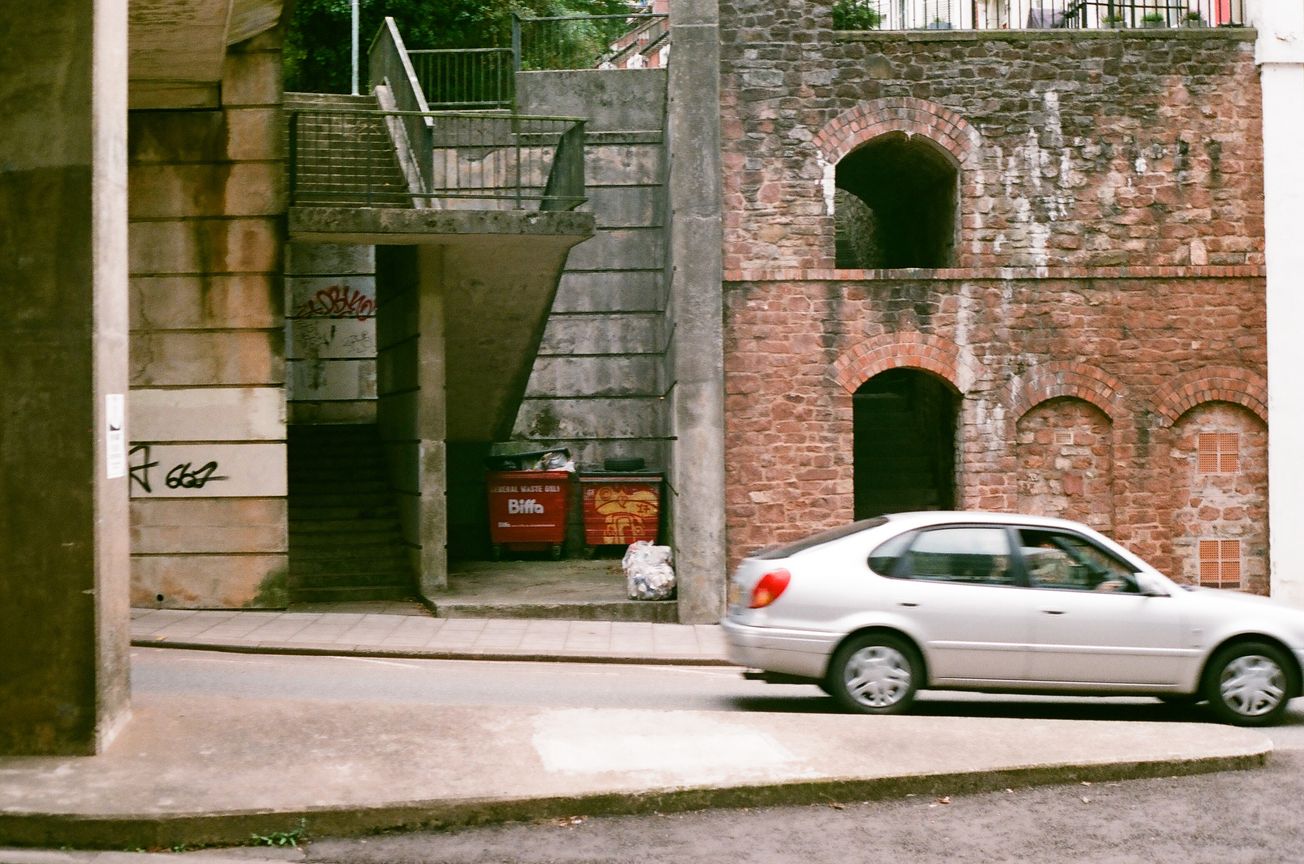By Fin Strathern, Investigations Correspondent
Investigations correspondent Fin Strathern spoke to Bristol's homeless to understand how the pandemic has impacted their livelihoods and gauge the support they have received from the council.
The UK government’s £3.2 million emergency fund to support rough sleepers during the pandemic has seen more than 14,500 homeless people placed in temporary accommodation.
Lauded by many newspapers and MPs as the "end of homelessness", this funding has been effective in providing short-term protection to some of the country’s most vulnerable.
We’ve helped 90% of rough sleepers off the streets into safe accommodation to protect them from #COVID19.
— Robert Jenrick (@RobertJenrick) April 26, 2020
Now we’re working with councils and charities to plan the next step. https://t.co/GEiiG7Jbvl
However, with lockdown restrictions easing and the emergency funding all but gone, the issue of homelessness is becoming harder to deal with for local councils.
In February, Bristol City Council’s annual rough sleeping count revealed that the city was the third worst area for homelessness in the country, behind only the London boroughs of Westminster and Hillingdon.
Epigram spoke to homeless people around Bristol to see how their lives have been impacted by Covid-19 and what support they have received from the council (names have been changed to protect identities).
Joe
35-year-old Joe has been homeless for the past two years between short stays in hostels, temporary accommodation, and prison.
He says he was initially relieved to be put in a hostel towards the end of March.
"I expected to spend a few weeks there whilst the council found me a permanent place to stay. I was surprised how quickly they started looking after the lockdown was announced."
However, Joe decided to leave the hostel in May due to the prevalence of violence and drugs in and around the building overwhelming him.

With no progress from the council towards finding Joe permanent housing, he packed up his bags and left.
Whilst homeless hostels typically provide support to those abusing drugs and alcohol, swollen uptakes due to the pandemic have left many unable to support every visitor.
"It was easier for me to take care of myself on the streets than deal with the chaos of the hostel. I didn't care about Covid," he explains.
Bristol is the third worst area for homelessness in the country
"With everyone locked up in their houses it made it harder to get by", Joe noticed upon leaving his hostel in May.
"Everyone seems more panicked nowadays walking down the street... too worried to think about others", he remarks.
Joe’s story paints a vivid picture of the harsh, cyclical nature of life between hostels, prisons, and the streets – particularly in saying that, in many ways, life on the streets is easier for him than in a hostel.
Kiara
Due to a difficult family life in London which she had to separate herself from, Kiara, who recently turned twenty, has been without a permanent home for over a year now.
She tries to sofa surf between friends that are living in London and Bristol, avoiding sleeping on the street whenever possible.
"Sofa surfing became a lot harder at the start of the lockdown. Some of my usual mates refused to let me in their house because they were so worried about catching the virus," she tells us.
For Kiara, the council-provided accommodation was never an option.
"I wasn't going to be thrown in a hotel to rot. I rely a lot on the support I get from my friends to stay positive about my situation."

With studies having shown a higher prevalence of mental health problems in the homeless population compared to the general public, it's possible they have been disproportionately affected by the national lockdown.
Kiara says she is especially grateful for the friends that supported her where they could during the pandemic.
"It has brought out the bad in some people and the good in others", she believes, "for some it’s an opportunity to be kind and for others it’s a reason to only think about themselves."
Kiara’s experience highlights the limited mental health support available to those in emergency accommodation. She hopes that local councils start to "treat it with the seriousness it deserves" in the aftermath of the lockdown.
Those sleeping rough have been disproportionately affected physically and mentally
Concerns over the mental wellbeing of homeless people may become increasingly common when the national eviction ban introduced back in March is lifted.
Part of the emergency legislation designed to protect those hit financially by the pandemic, it prohibits landlords from evicting tenants even if they cannot pay rent.
Having been extended multiple times, it is now set to end on 20 September, with some MPs warning it will result in a "wave of homelessness" across the UK. A survey by homelessness charity Shelter revealed that over 170,000 private tenants have been threatened with eviction since the beginning of the pandemic.
Steve
One individual already dealing with eviction is 57-year-old Steve, having lost his house after being laid off from his job as a lorry driver last year.
"I couldn’t have asked for much more – it was a real lifesaver," Steve says in describing the emergency accommodation he was offered. After spending the beginning of 2020 sleeping in his car, he was grateful to be put in a hotel room funded by the council at the start of the lockdown.

Being at a higher risk from Covid-19 because of his bowel cancer, Steve was considered in priority need of emergency accommodation.
"I was lucky to be able to stay so long. Many other people staying in the hotel had to leave before me."
With his application for a council residence in its final stages, Steve is hopeful that he can stop busking and leave his hotel soon in favour of a permanent home, where he can begin to apply for driving or delivery jobs.
Steve’s situation demonstrates the benefits emergency funding has provided to those most vulnerable to coronavirus. Whilst many of the homeless people least at risk have now had to leave council accommodation, it is a positive sign that those with serious health conditions are still being facilitated.
Each interviewee has had a vastly different experience in terms of both the support they have received from the council and how suitable it was for their needs. The clear similarity between these individuals is that Covid-19 has made life profoundly more difficult for homeless people this year.
The strain this has placed on the government means those most at risk have to be prioritised, but this has left the quality of support the council is able to provide others in a worse state.
‘Massive potential’ for spike in homelessness, Bristol housing leader warns https://t.co/BJhwK2FnE0 #ukhousing #socialhousingfinance pic.twitter.com/dYEM8l0Mz4
— Social Housing (@HousingMagazine) September 9, 2020
Using temporarily empty hotels and hostels was evidently never intended as a long-term solution. With the threat of homelessness increasing, councils will be looking for more permanent housing solutions in the aftermath of the pandemic's sudden disaster management.
Featured Image: Epigram / Fin Strathern









